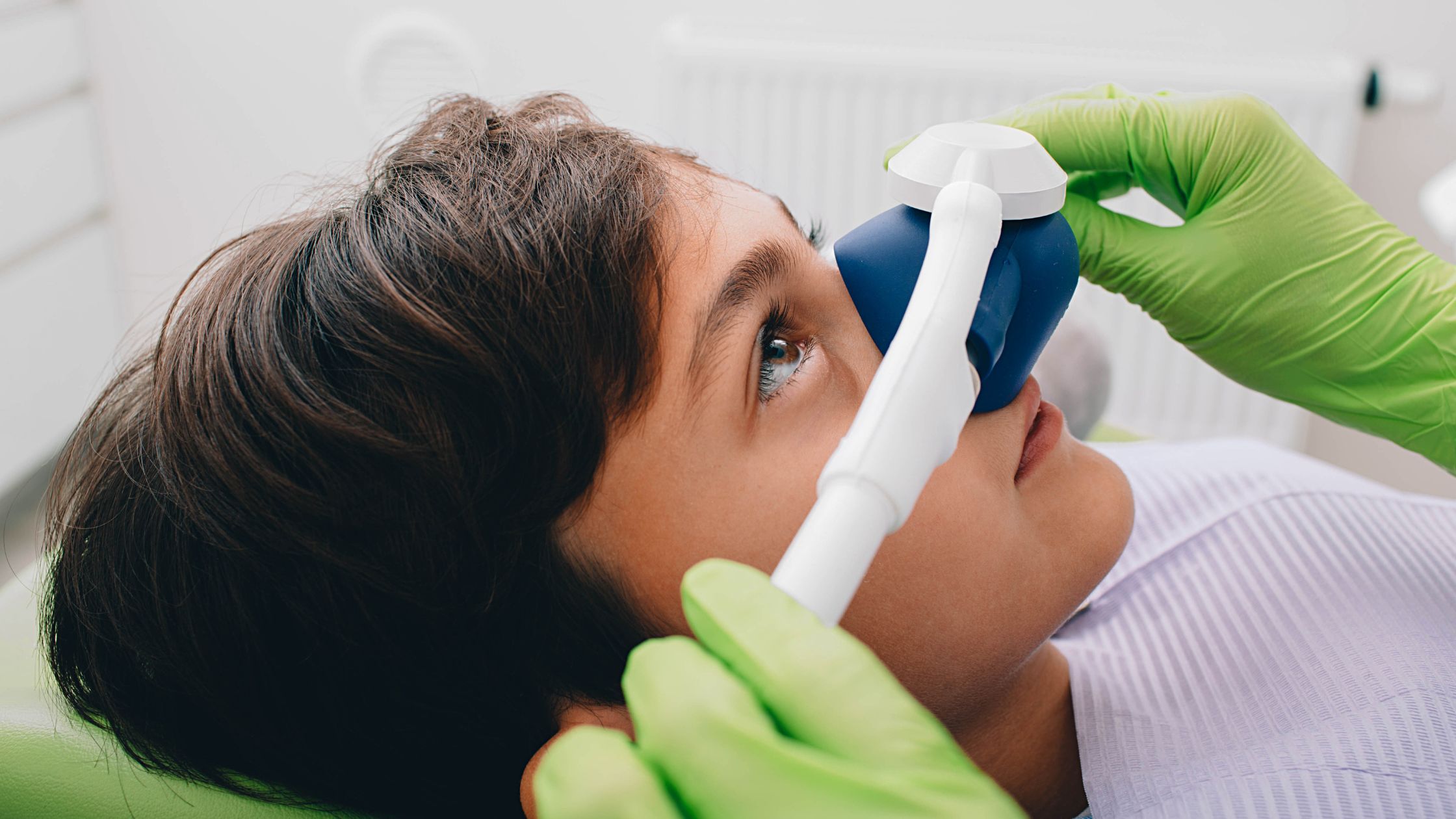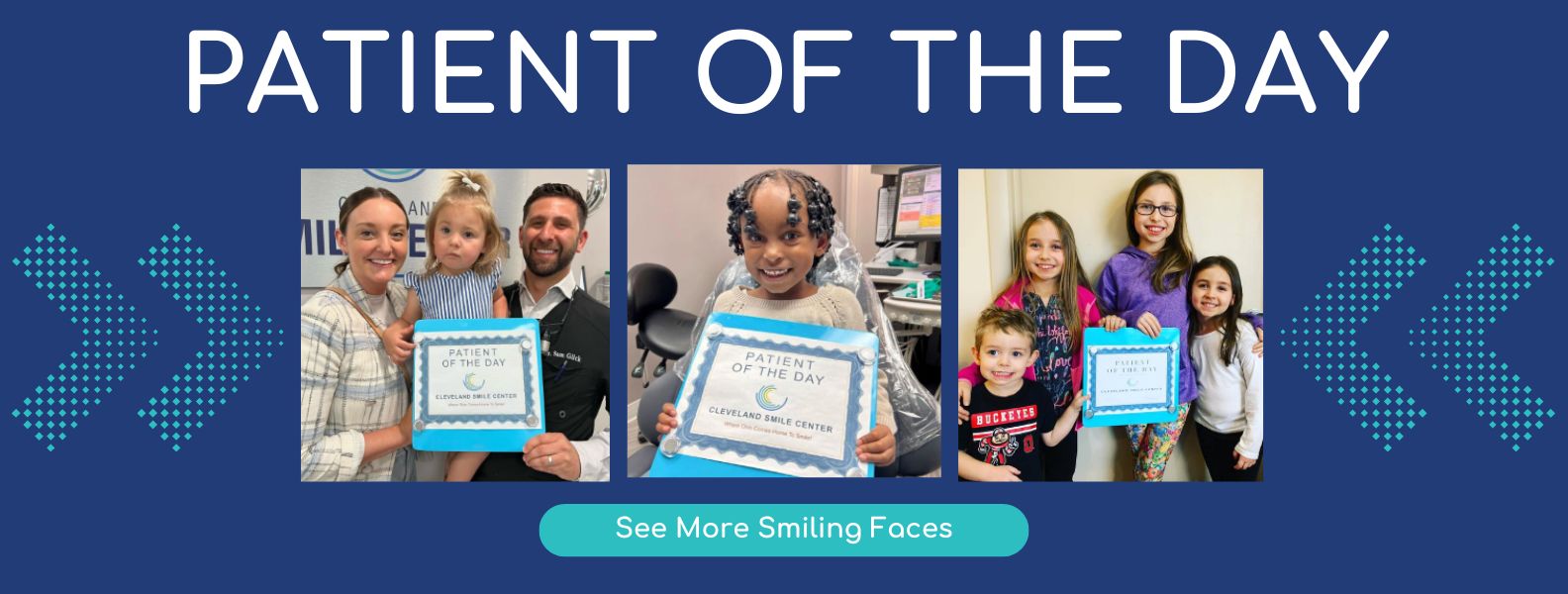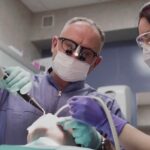
If you feel anxiety when you just think about visiting the dentist, you’re not alone. Fearing the dentist is a common experience for many people. Whether it’s a bad experience as a child, the bright lights, or just the overall environment, dental visits can trigger a wave of anxiety.
If this sounds like you, sedation dentistry might be the solution you’ve been looking for. Sedation dentistry is designed to help patients relax during dental procedures. It’s not about being knocked out completely, but to create a sense of calm for you can receive the care you need without the stress and fear that can accompany a visit to the dentist.
Aside from anxiety, there are other reasons that sedation dentistry might be a good option during your visit to the dentist, and we will cover those as well.
Sedation Levels
There are several levels of sedation available, depending on your needs and the procedure you’re having done. From the lightest form, Minimal sedation where you’re awake but completely relaxed to Deep sedation when you’re on the edge of consciousness. You might have also heard of general anesthesia. That is a different process where you are completely unconscious during the procedure.
Reasons to Choose Sedation
So, why do patients choose sedation? There are a few key reasons:
1. Anxiety Relief
In our offices, anxiety is the most common reason. We know that dental anxiety is real. That is why we say, “We Cater to Cowards.” Those fears can prevent people from getting the care they need to protect their oral and overall health. With sedation, patients who might otherwise avoid the dentist can have a more pleasant experience.
2. Overcoming a Low Pain Threshold or Sensitive Teeth
Sensitivity to pain can vary among patients. Some people are more sensitive to pain than others. For those with a lower pain threshold, even a routine cleaning can be uncomfortable. Sedation can dull the senses, making it easier to get through procedures without discomfort.
3. Managing a Strong Gag Reflex
Just as with pain, your gag reflex might not be the same as everyone else. If you have a strong gag reflex, certain dental procedures are challenging. Sedation can help relax your muscles and minimize gag reflexes. That relaxation allows the dentist to work without worrying you are being distressed.
4. Making Extensive Dental Work More Bearable
If you’re facing a lengthy procedure like a dental implant or cosmetic work, sedation can make the time pass more quickly and comfortably. It’s especially useful when multiple treatments need to be done in one sitting like root canals, extractions, or fillings.
5. Supporting Special Needs Patients
For patients with special needs, whether physical or mental, sedation can be a vital tool. It can help those who might find it difficult to sit still or who are particularly anxious to get the dental care they need.
Recovery from Dental Sedation: What to Expect
If you’re considering sedation dentistry, you might be wondering what the recovery process looks like and what you can expect afterward. The good news is that recovery from dental sedation is generally straightforward, but it does depend on the type of sedation used.
For Mild Sedation, most dentists use nitrous oxide. It has a very rapid recovery time. The gas is inhaled through a mask during the procedure and quickly wears off once the mask is removed. Within minutes, you’ll be back to your normal self, with no lingering drowsiness. Because the effects dissipate so quickly, you can usually drive yourself home after the procedure.
For Moderate Sedation, the recovery can take a bit longer. You’ll likely feel groggy and may have limited memory of the procedure, which is one of the reasons many patients prefer this option for more invasive dental work. After this type of sedation, you’ll definitely need someone to drive you home, and it’s a good idea to take the rest of the day off to rest because the grogginess can last a few hours.
For Deep Sedation and general anesthesia, recovery takes the longest. You’ll be completely unconscious during the procedure and may take several hours to fully wake up afterward. It’s common to feel very groggy so you will need someone to take you home. It is advised that you rest for the remainder of the day. Full recovery from general anesthesia can take 24 hours, during which time you should avoid driving, operating heavy machinery, or making important decisions.
Most patients recover from dental sedation without any issues. The outlook is generally positive, especially if sedation allows you to receive the dental care you might otherwise avoid due to anxiety or discomfort. The key to a smooth recovery is following your dentist’s post-procedure instructions, such as resting, staying hydrated, and avoiding certain foods or activities if advised.
Ask About Sedation Dentistry
If you are not sure that sedation dentistry is right for you, you can talk with the Cleveland Smile Team and Dentists to ask any questions.
Sedation Dentistry isn’t just about making things easier for the patient; it also helps the dentist. A relaxed patient is easier to treat, which can lead to better outcomes. Plus, it can make complex procedures smoother and quicker, as the dentist doesn’t have to stop frequently to check on your comfort.



